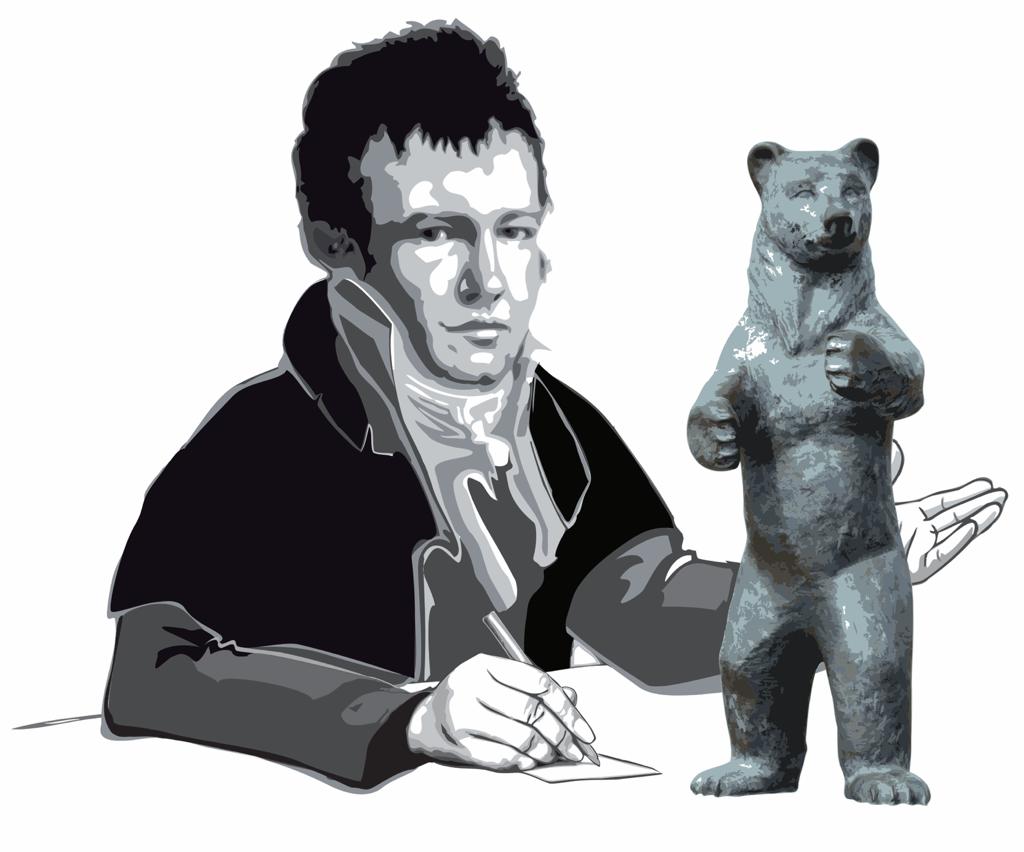
Last Tuesday Gauß House was all about the Russian spring festival Maslenitsa.
Maslenitsa translates as butter week and is also called pancake week. It is celebrated to bid farewell to winter and to welcome spring. This traditional slavic festival marks the beginning of the orthodox lent and is the equivalent to German Karneval. Maslenitsa is all about happiness, time spent together, and lots of good food.
The most important thing in pancake week is, as the name suggests, pancakes, or Blinis in Russian. Blinis are a symbol for sun, warmth and light and are eaten en masse within this week.
Every day of Maslenitsa has ist own traditional meaning:
On Monday, the day of welcoming, people build a big doll out of straw. On Tuesday, the day of games, there are plays, balls and games, where young people are looking for a fiancé(e) to marry after lent. And these games are something: jumping over fire to chase away evil spirits, climbing up icy wooden pegs to win presents, and attack a snow castle to conquer winter’s last refuge. On Wednesday, the day of foodies, sons-in-law visit their mothers-in-law to eat Blinys. Thursday is all about newly wed couples. On Friday sons-in-law invite their mothers-in-law for Blinys. On Saturday, the day of farewell, people go to visit relatives and friends and on Sunday, the day of forgiveness, the Maslenitsa doll is burned in a special ceremony.
In rural areas Maslenitsa is often still celebrated in the traditional way, while bogger cities combine traditional and modern elements in big public festivities.
A very important basic rule, that we too took very seriously last Tuesday, is: The more Blinis you eat, the better the year to come!



You must be logged in to post a comment.